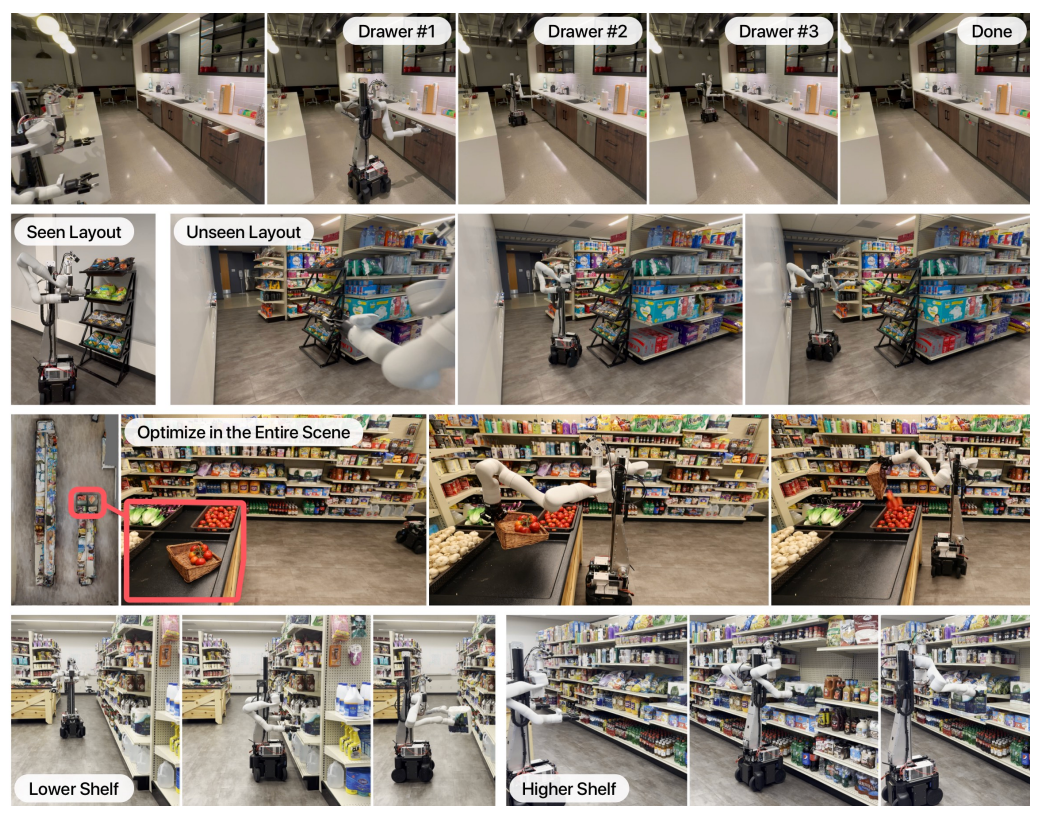
Social group cohesion and social support are critical for positive mental health. People may use technology to maintain existing, or even create new, social groups – particularly when in-person contact is limited. During the global COVID-19 pandemic, countries mandated various stay-at-home orders; for many people worldwide, this was their first experience of extended periods of social isolation. To better understand the relationship of affinity for technology, group cohesion, and mental health depending on change in social isolation, we surveyed people based on country. We studied Italy because of its relatively large increase in social isolation, and we studied Japan because of its relatively small increase in social isolation. We surveyed participants about existing and new social groups in a country that strongly socially isolated (Study 1: Italy, n = 426) and one with few changes from normal (Study 2: Japan, n = 280). We collected data in June 2020, several months after the onset of the COVID-19 pandemic. Affinity for technology related to increased group cohesion and mental health depending on country and on whether groups were new or existing. Dimensions of group cohesion had varied effects on mental health. We synthesize results from this work and a prior study in the United States (U.S., n = 276), which had a very mixed approach to dealing with COVID-19 that differed from approaches in Italy and Japan. Finally, we discuss overall patterns across all three countries. READ MORE


